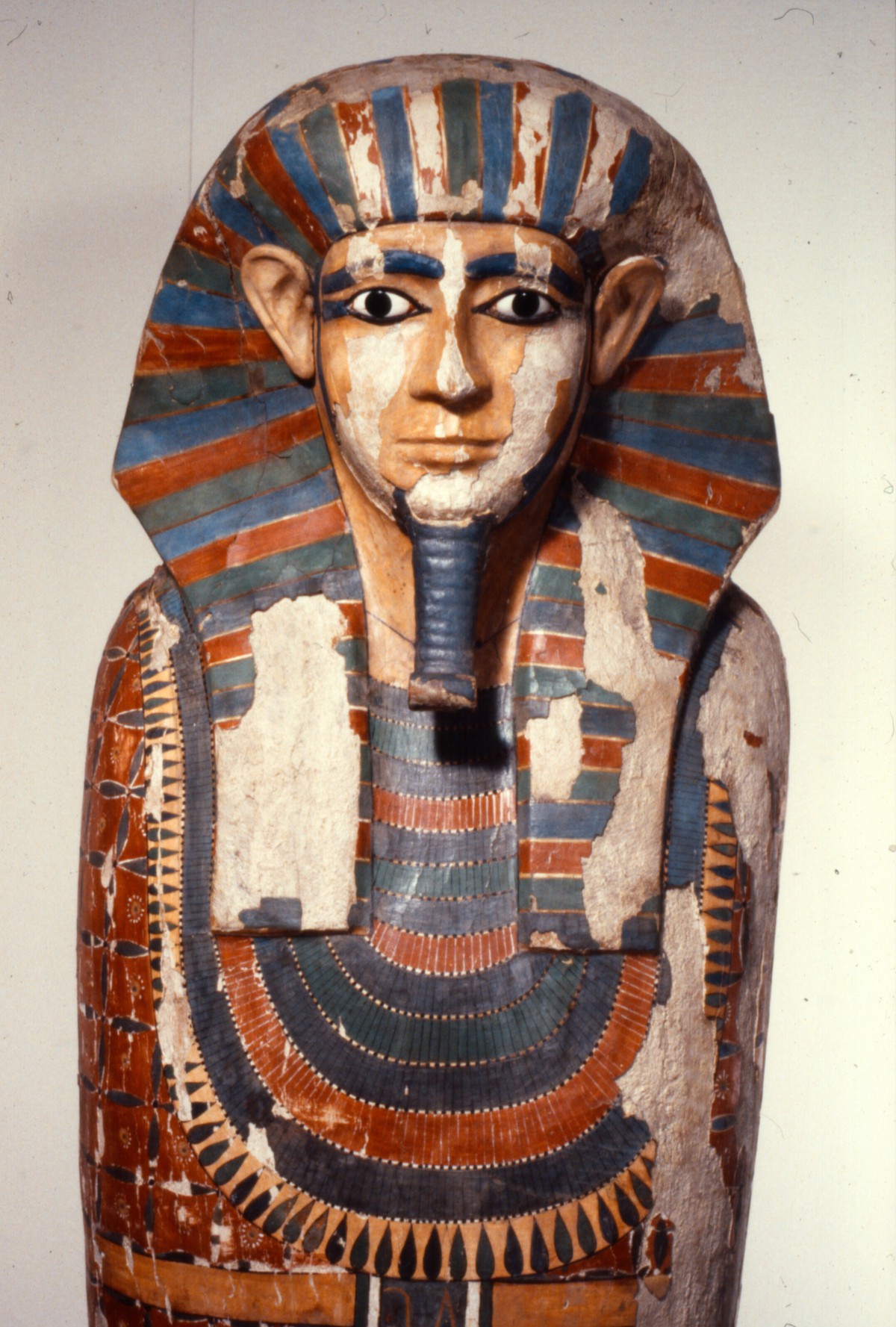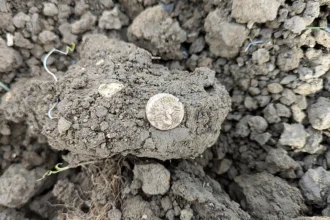Ancient Egyptians had an advanced healthcare system for their time, according to boffins.
They used a range of pharmaceutical treatments and even surgery to treat illness.
They were universally available to all of their society including women and children.
The medical care would be carried out in various locations including temple areas, worksites, and towns.
- Advertisement -
Researchers at the University of Manchester explored Egyptian medicine and healing methods.
They say Cleopatra would have been in safe hands if she really had been bitten by a snake.
As well as the healthcare system, Egyptians prayed to Gods associated with serpents as well as scorpions.
They used magical spells to ward off snake bites and also to cure their effects.
READ MORE: Glacier ice being sent to posh Dubai bars from Greenland… because it doesn’t melt as quickly
- Advertisement -
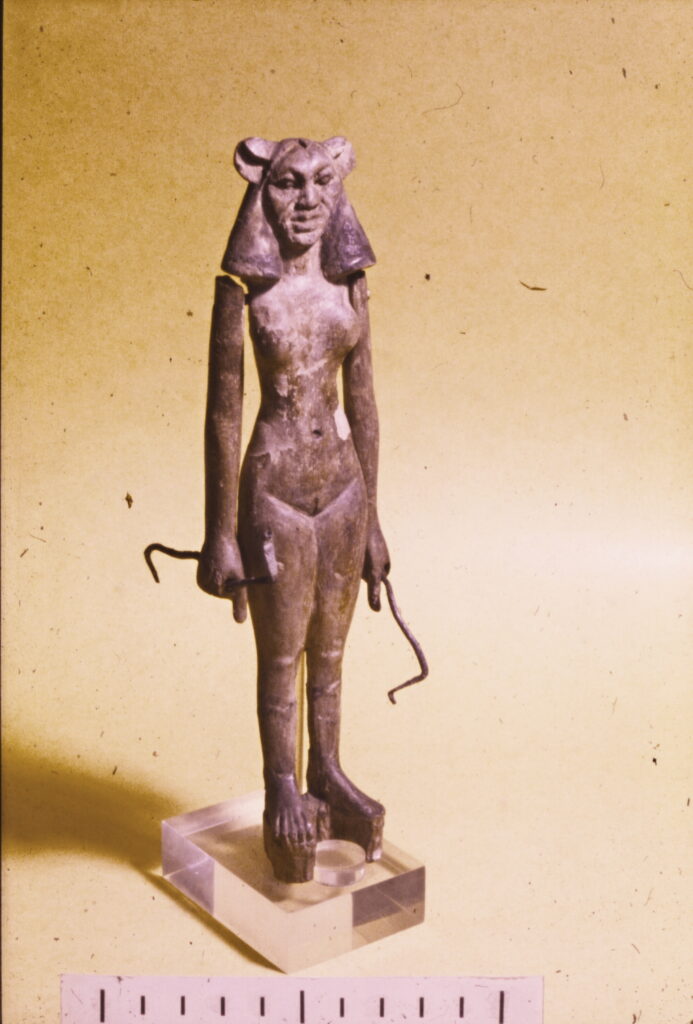
But they also had practical treatments.
According to the researchers, onions, wound incision, and bandaging were all used by the ancient medics of Egypt to treat snake and scorpion bites.
Researchers Professor Rosalie David and Dr Roger Forshaw looked into ‘The Brooklyn Papyrus.’
- Advertisement -
This is a scroll which describes different snakes and the treatments for their bites.
It also contains treatments for scorpion and spider bites.
These included the ‘knife treatment.’
Scientists believe this was likely to be aimed at “incising the wound to relieve tissue fluid as well as limiting absorption of the venom.”
However, bandaging was often advised and used to retain specific medications.
Natron, which can be found in saline lake beds in arid environments, has the capacity to reduce swelling by osmosis.
It is thought this was used as an antiseptic for wounds and cuts in Egyptian times.
They found almost 100 prescriptions listed as Brooklyn Papyrus.
Many of these were herbal remedies.
Onion was the most common ingredient of the remedies as it can repel some snakes.
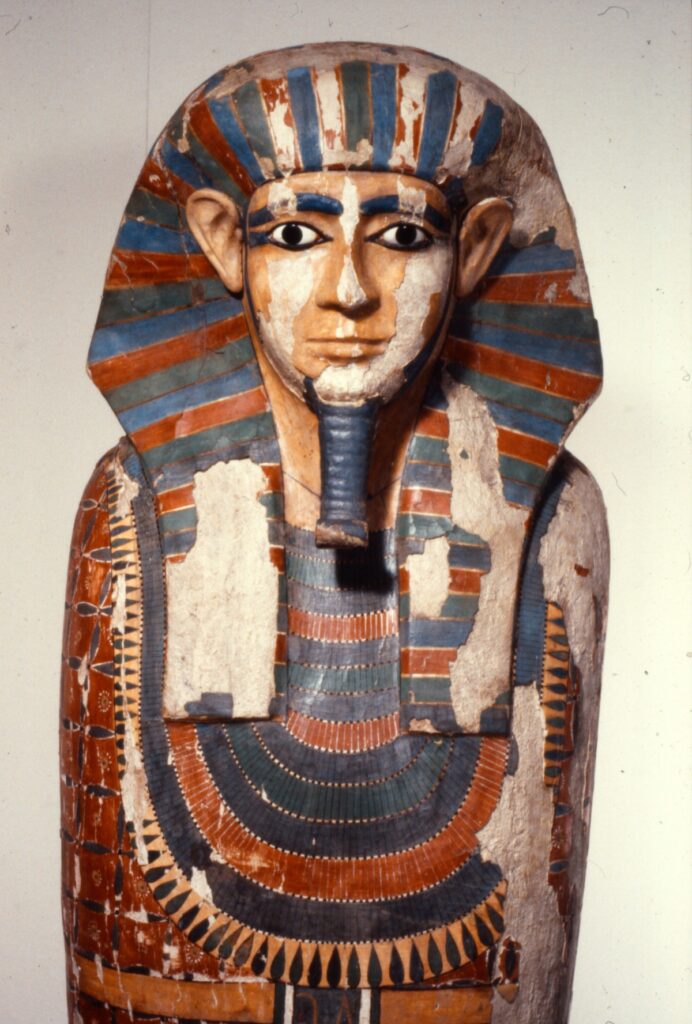
Professor Rosalie David said: ”The Egyptian healthcare system was advanced and successful, not least for devising innovative ways to treat snake bites and save lives.
”Its achievements, although widely praised in antiquity, are often not fully recognised today.”
She added: “The sulfonic acid in onions, the same chemical that causes tears when onions are chopped, has a deterrent effect on snakes.
Professor Rosalie David, emeritus professor of biomedical Egyptology said: “Throughout much of its history, ancient Egypt exerted considerable political, military and cultural influence over neighbouring lands.
“This ancient Egyptian medicine was even evident in medieval and later practices in Europe, and some aspects still survive today in modern ‘Western’ medicine.”
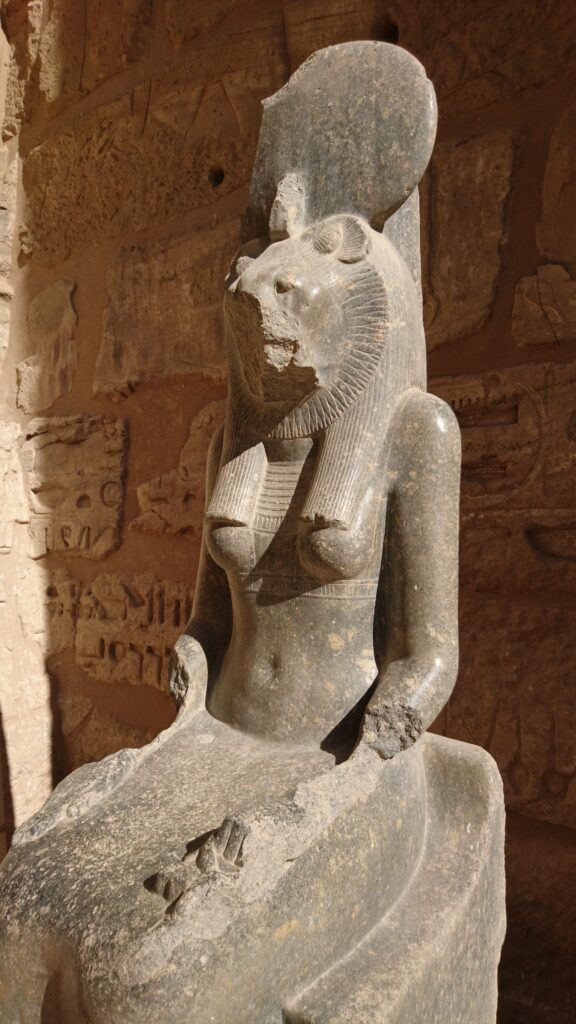
Dr Roger Forshaw, an honorary lecturer at The University of Manchester, said: “Healers and care providers were essential to the Egyptian medical system, and offered a wide range of treatment methods.
“Certain types of healthcare, training, and practice developed simultaneously in various locations including temples, palaces, towns and villages, battlefields and building sites.
“Surgery, pharmaceutical therapy, and magico-religious treatments were available which made use of bandages and splints, medical instruments, prostheses and pharmaceutical prescriptions.”
The book, Medicine and Healing Practices in Ancient Egypt is published by Liverpool University Press.
READ MORE: Mystery of extinction of 10ft tall ‘King Kong’ apes solved by boffins


